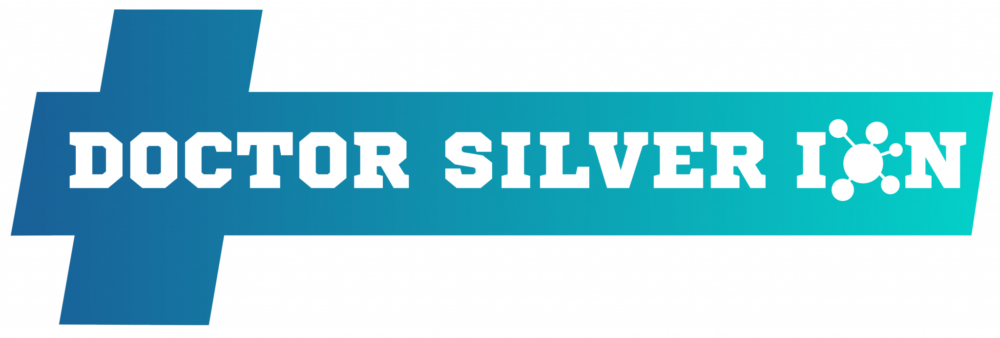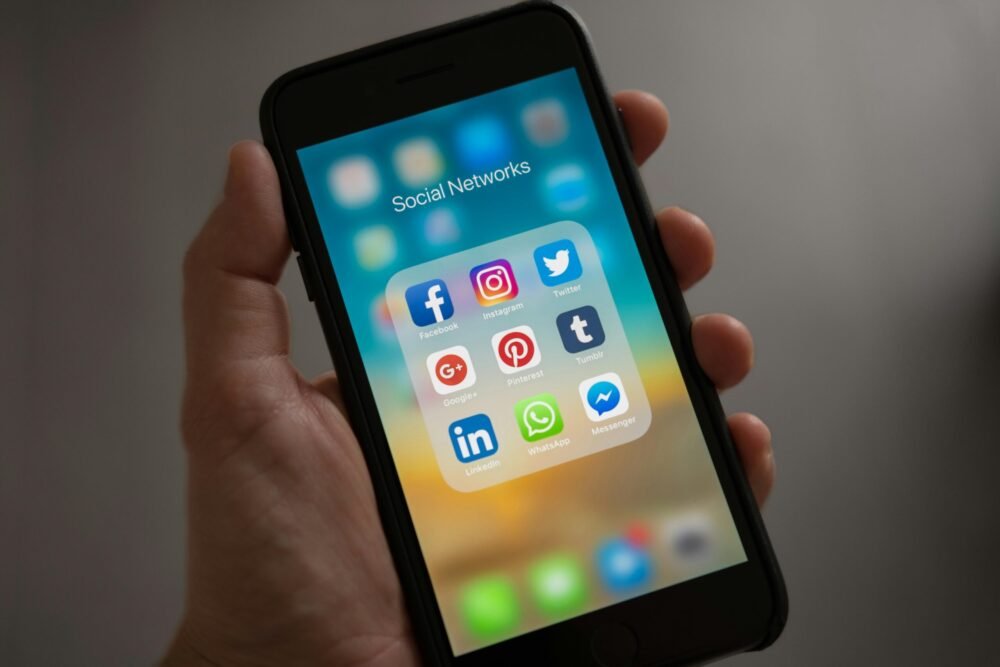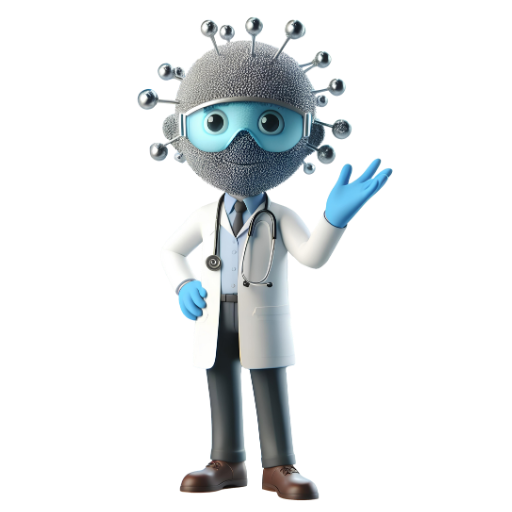Avoiding Anxiety and Stress from Social Media Overuse
Social media has become an important part of our lives today as a means of communication, information gathering, and entertainment. However, unconscious use of social media can have negative effects on our mental health. Social media addiction can lead to issues such as stress, anxiety, and low self-esteem. So, how can we protect ourselves from these effects? Here are the effects of social media on mental health and points to consider:
1. Negative Effects of Social Media on Mental Health
- The Comparison Trap
Social media increases the tendency to compare ourselves to others since it offers the opportunity to constantly observe others’ lives. This can cause individuals to feel dissatisfied with their own lives and develop low self-esteem. - FOMO (Fear of Missing Out)
Social media makes it easy to constantly witness current events and the activities of friend circles. This can create a “fear of missing out” in individuals and increase anxiety levels. - Cyberbullying
Social media platforms can provide a ground for cyberbullying. Negative comments, threats, and criticisms can negatively affect individuals’ mental health. - Decrease in Sleep Quality
Spending long periods on social media can disrupt sleep patterns. Exposure to blue light can reduce the production of melatonin hormone, making it harder to fall asleep.
2. Positive Effects of Social Media on Mental Health
- Providing Connection and Support
Social media offers people the opportunity to easily connect with their family and friends. Additionally, through mental health support groups, it can help individuals not feel lonely. - Access to Information
Quick access to accurate and reliable information is one of the biggest advantages of social media. These platforms can be used to gain information on topics like health, education, and personal development. - Self-Expression
Social media provides a space where individuals can showcase their creativity, share their thoughts, and express themselves.
3. Ways to Protect from the Negative Effects of Social Media
- Limit Your Time
By limiting your daily social media usage time, you can protect your mental health. For example, you can use time-limiting applications on your phone. - Turn Off Notifications
Constant notifications can distract you and cause stress. By turning off notifications, you can keep your social media usage under control. - Do a Digital Detox
Taking breaks from social media at certain intervals is an effective method to refresh your mental health. - Stay Away from Negative Content
Stop following accounts that don’t make you feel good. Focus on positive, motivating, and informative content. - Build Real Connections
Communication through social media cannot replace real-life bonds. Strengthen your social ties by spending face-to-face time with your loved ones.
4. Social Media Use for Children and Teens
Teens and children are more vulnerable to the negative effects of social media. Therefore, it’s important for parents to monitor social media usage and guide the formation of healthy habits.
- Parental Control
Monitor the time children spend on social media platforms and use applications that will keep them safe. - Educate Them
Inform children about cyberbullying, privacy, and reliable information sources.
Conclusion
Social media can be a useful tool when used correctly and balanced; however, unconscious use can negatively affect our mental health. Limiting your social media usage, focusing on positive content, and strengthening real-life bonds can help you protect yourself from these effects. Remember, your mental health is your top priority, and it’s in your hands to protect this priority!

 Türkçe
Türkçe Deutsch
Deutsch

